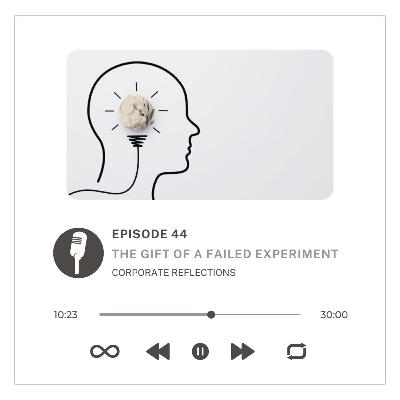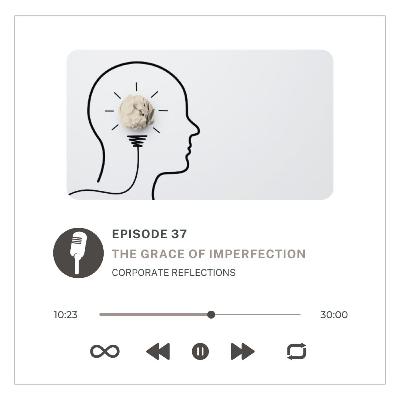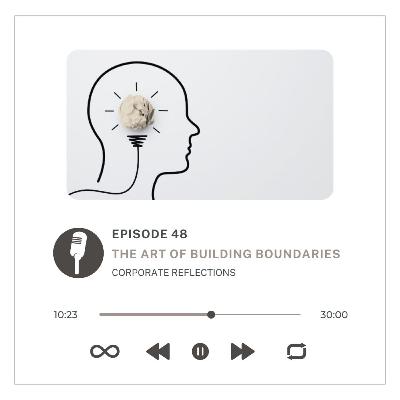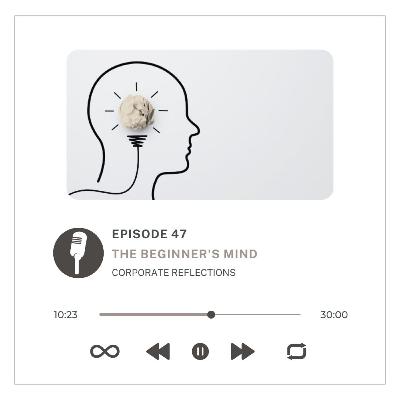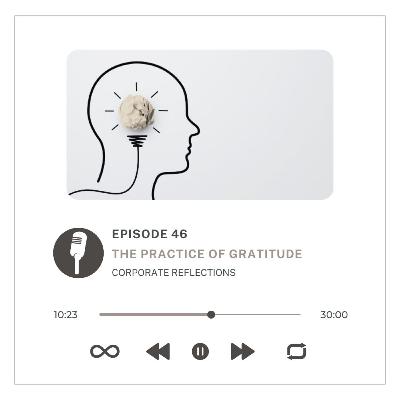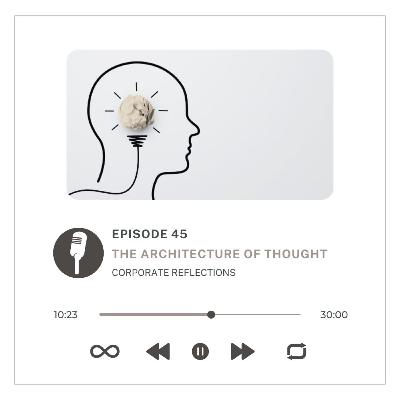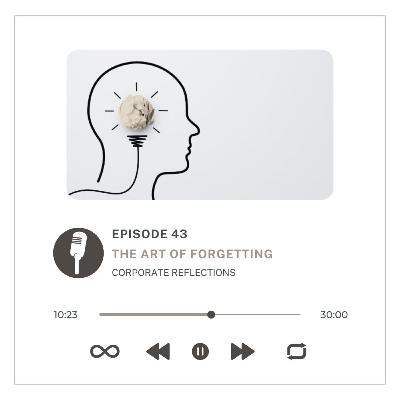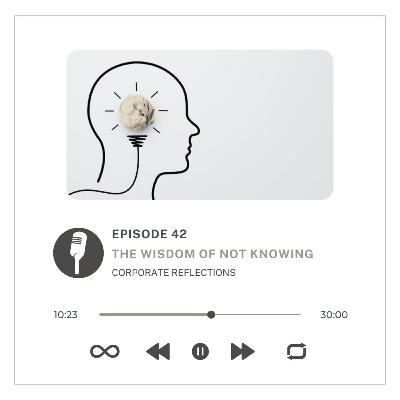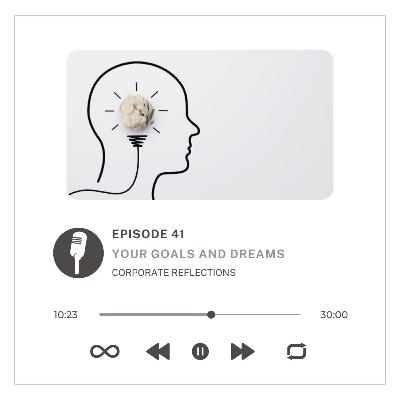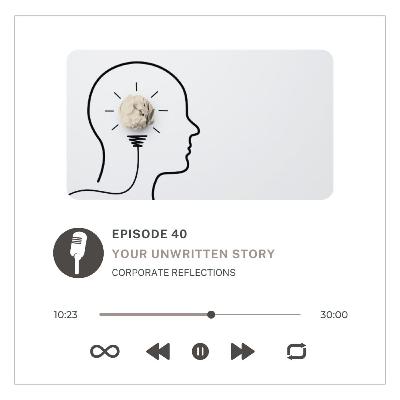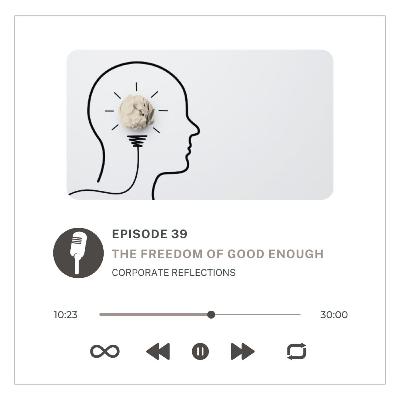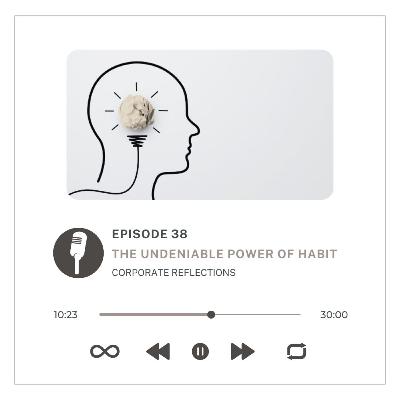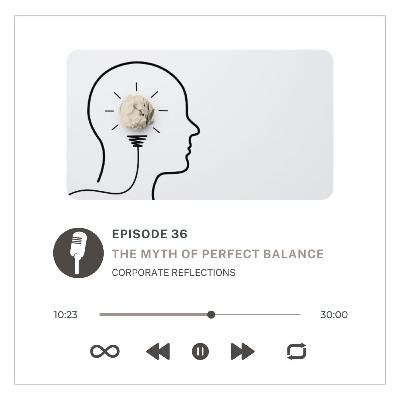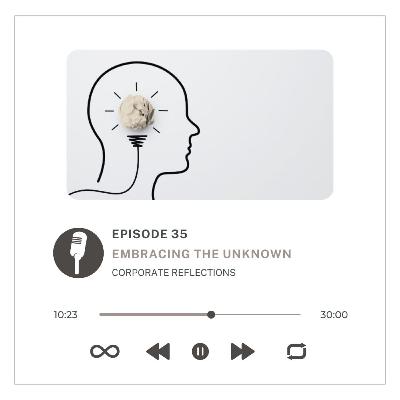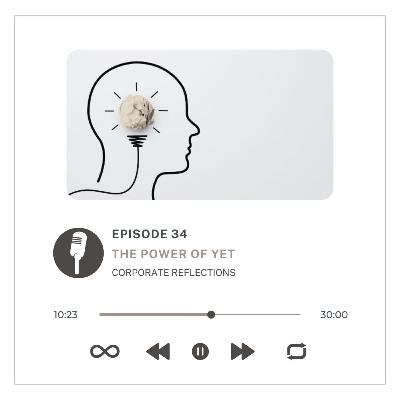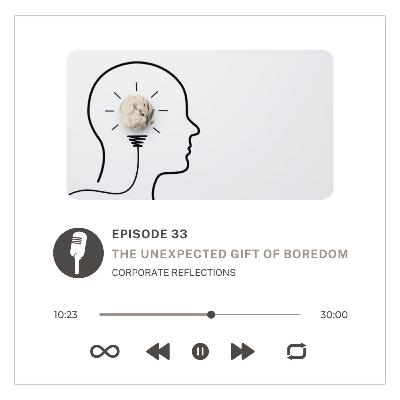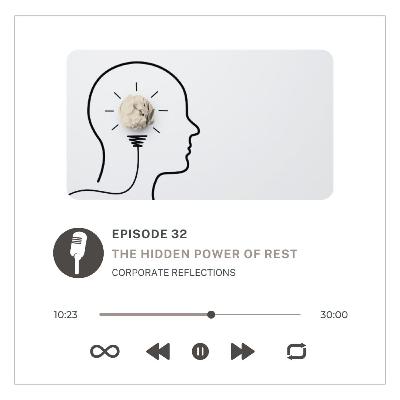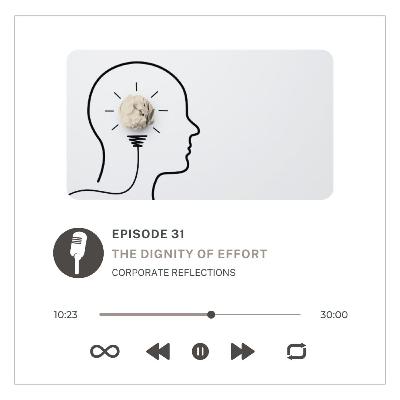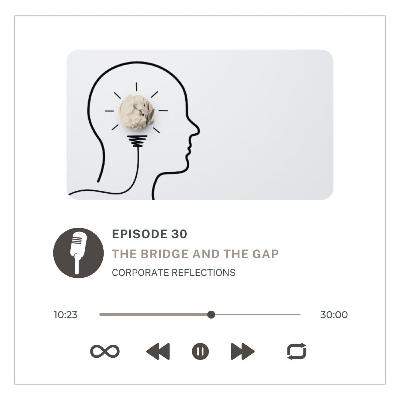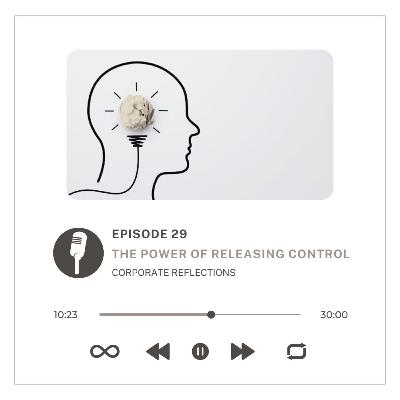Corporate Reflections : The Gift of A Failed Experiment
Description
This reflection is inspired by concepts from several fields, primarily psychology, business, and the philosophy of science :
• Karl Popper : His work on falsifiability argued that a scientific theory is only valid if it can be proven wrong. He championed the idea that the goal of a scientist isn't to prove a theory is right, but to test it rigorously and be ready to discard it if it fails. The reflection’s advice to see a mistake as a "data point" and a "failed experiment" mirrors this core tenet of modern scientific thought.
• Growth Mindset : The reflection's message that failure is not a permanent state but an opportunity for learning is a central idea in modern psychology.
• Carol Dweck: Her work on "growth mindset" is the primary inspiration. She contrasts a "fixed mindset" (where people believe their abilities are static and see failure as a personal flaw) with a "growth mindset" (where they believe abilities can be developed and see failure as a chance to learn and grow). The reflection’s reframing of failure as a gift of new data is a perfect example of a growth mindset in action.
• Lean Startup Methodology : In the world of business and entrepreneurship, the concept of "failed experiments" is a foundational principle.
• Eric Ries: His book, The Lean Startup, popularized the idea of "validated learning." Instead of building a product in secret for years and hoping it succeeds, he advocates for a build-measure-learn feedback loop. A product that doesn't sell isn't a failure in this model; it's an experiment that provided valuable data about what customers actually want.

